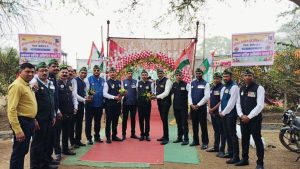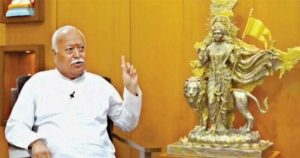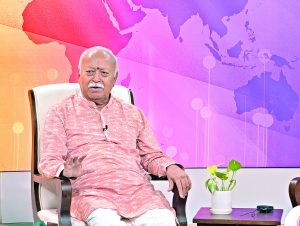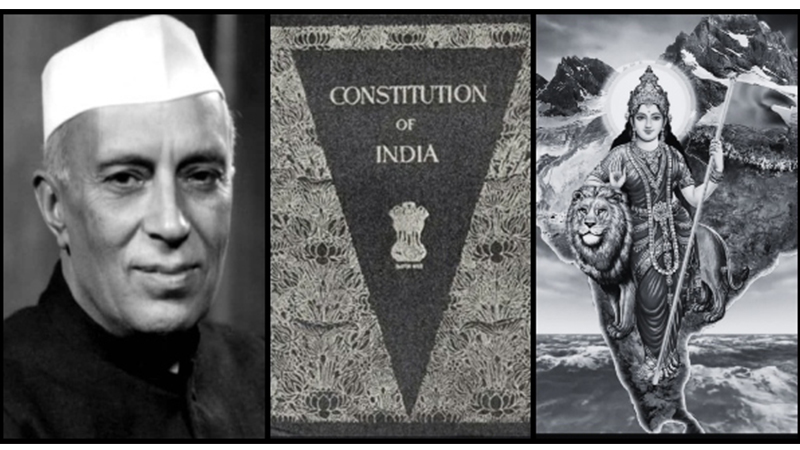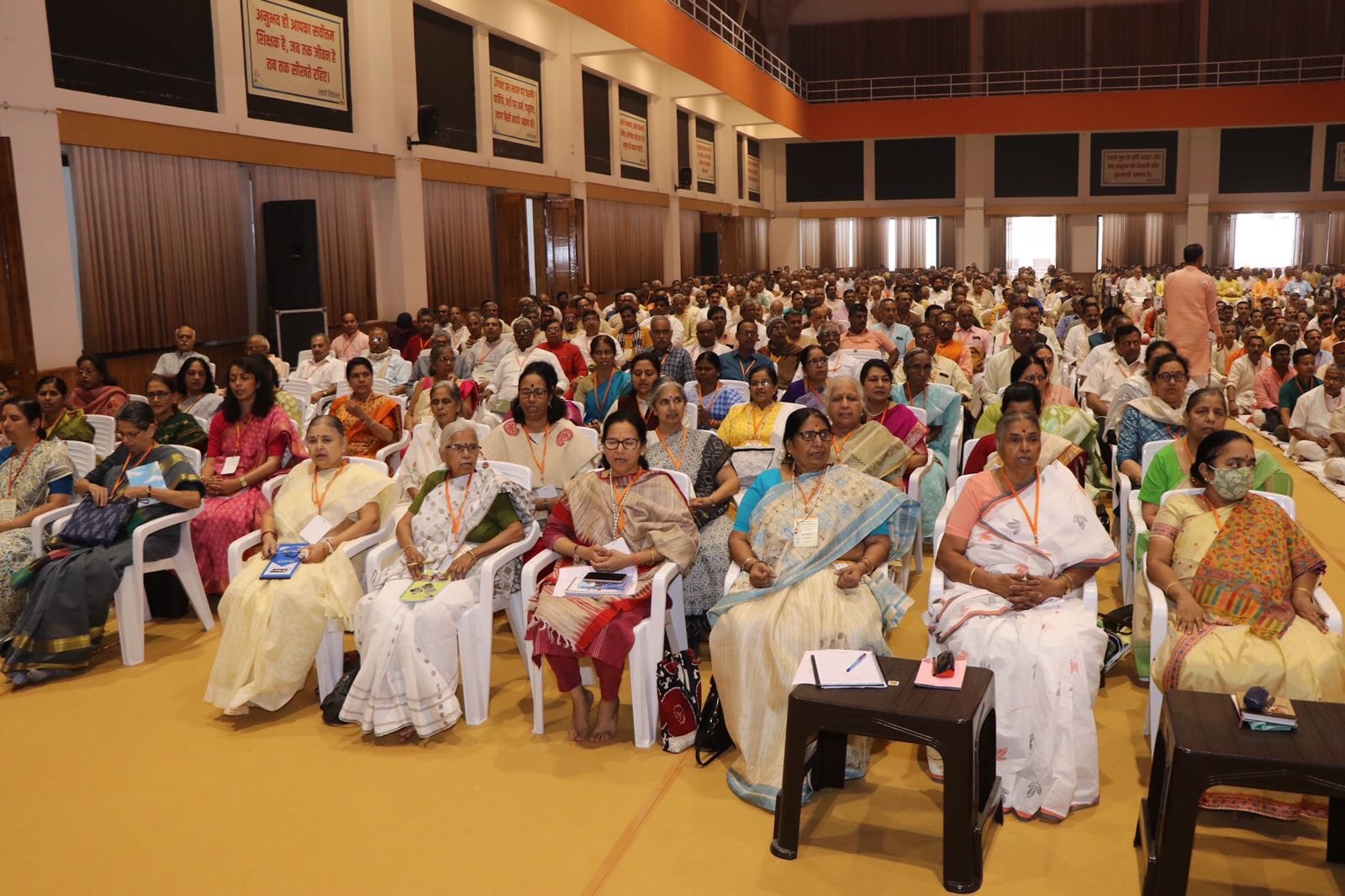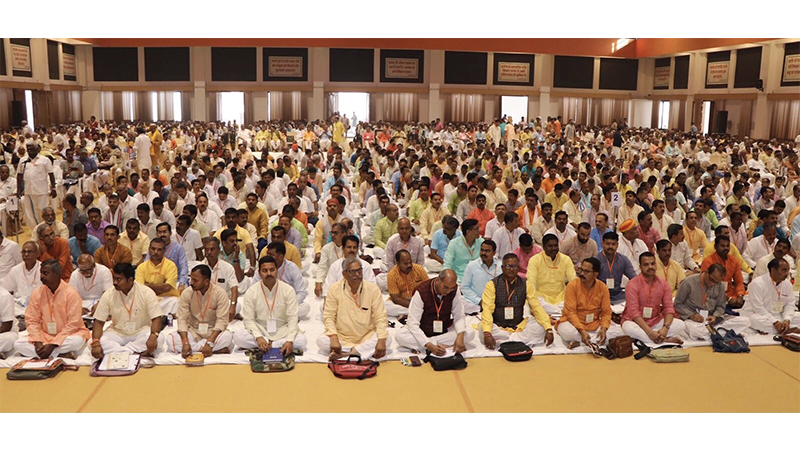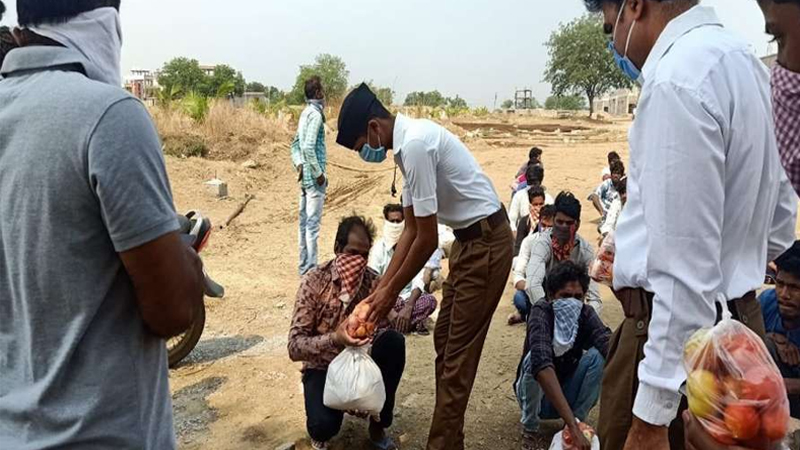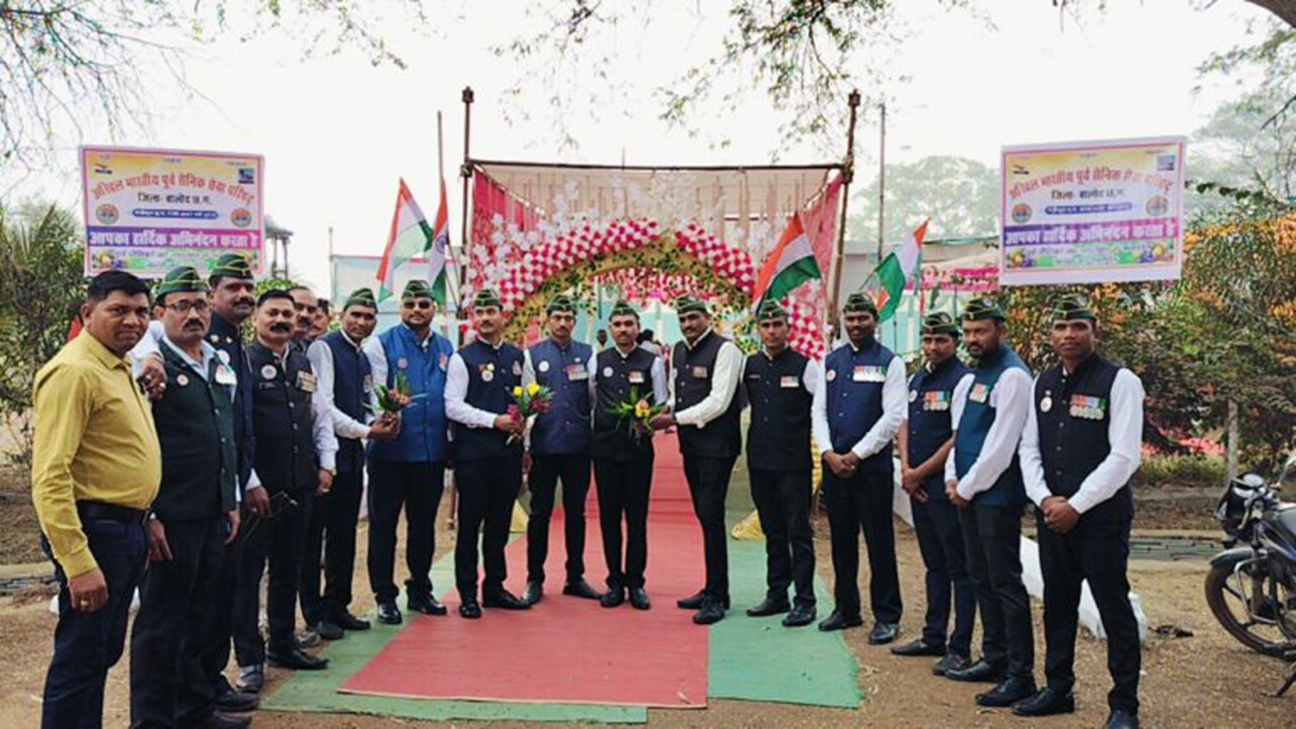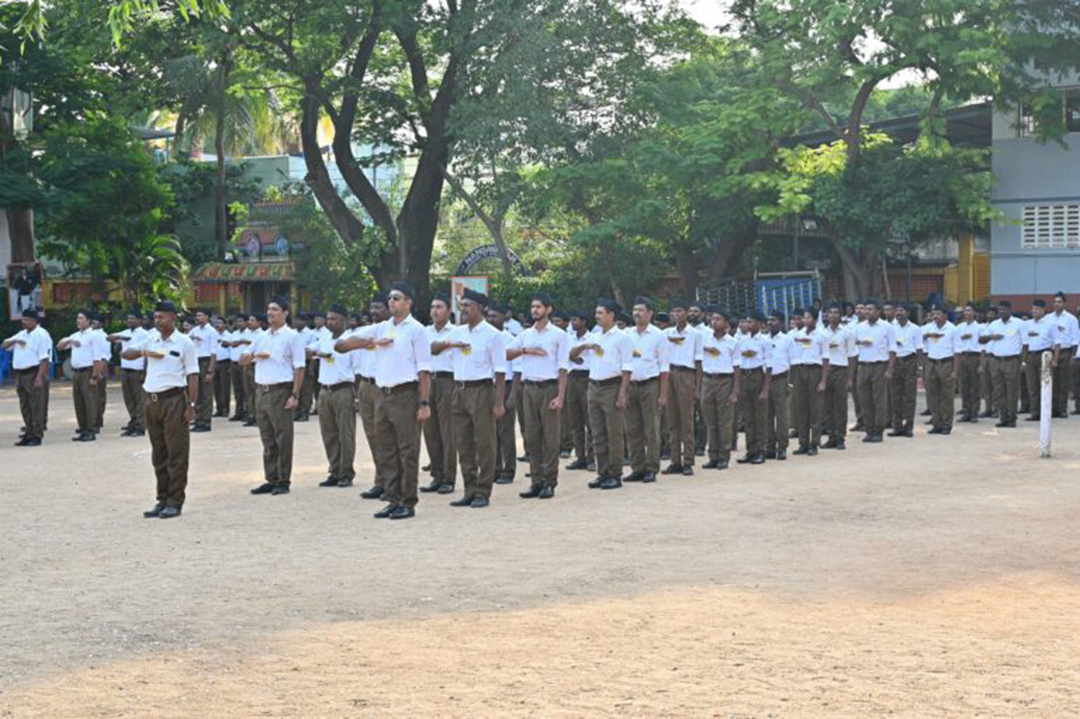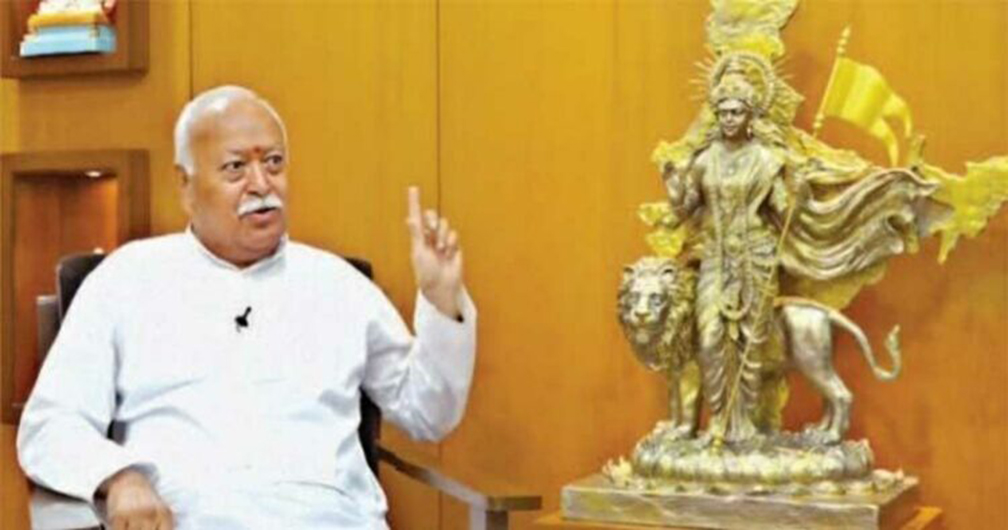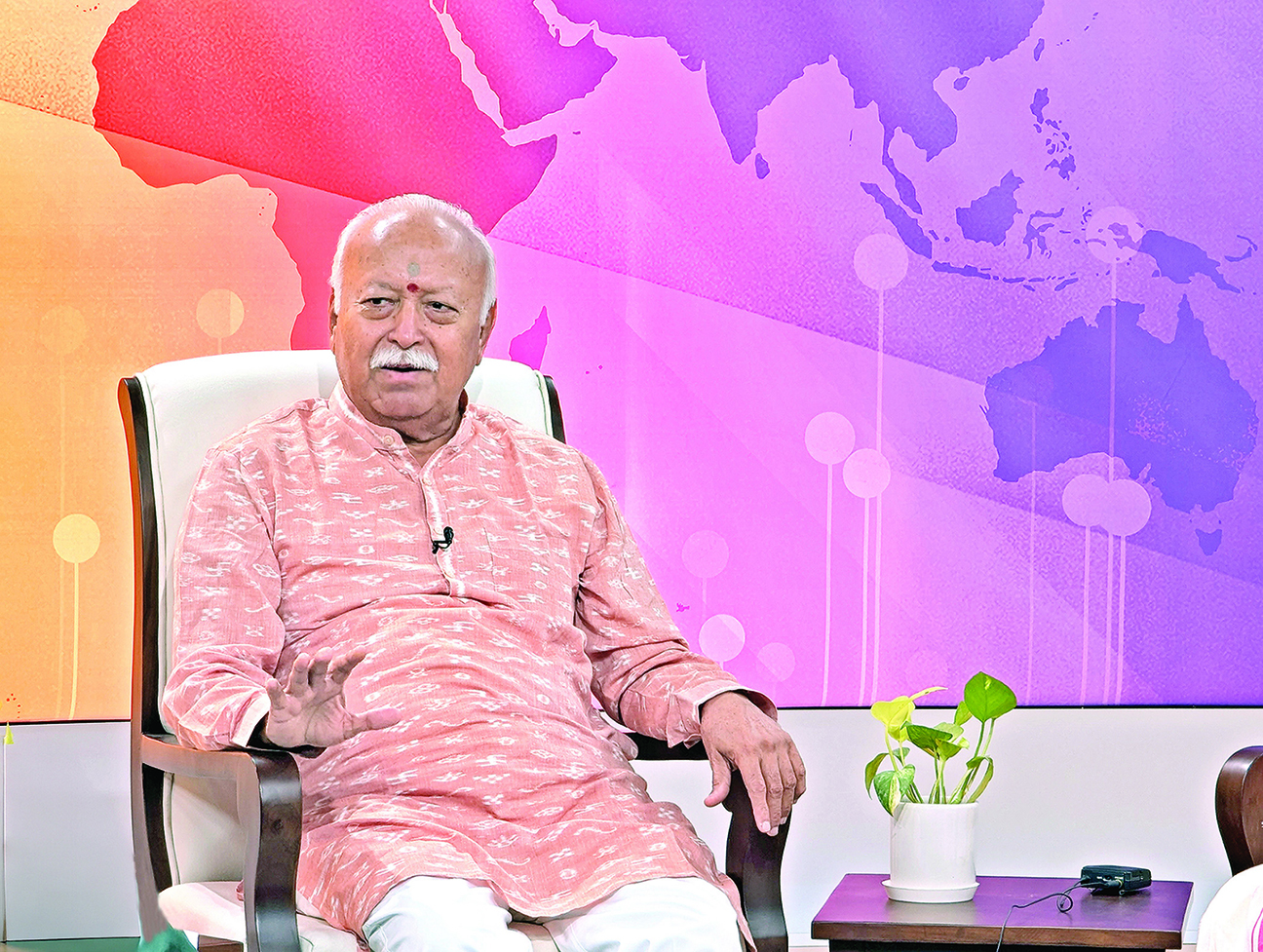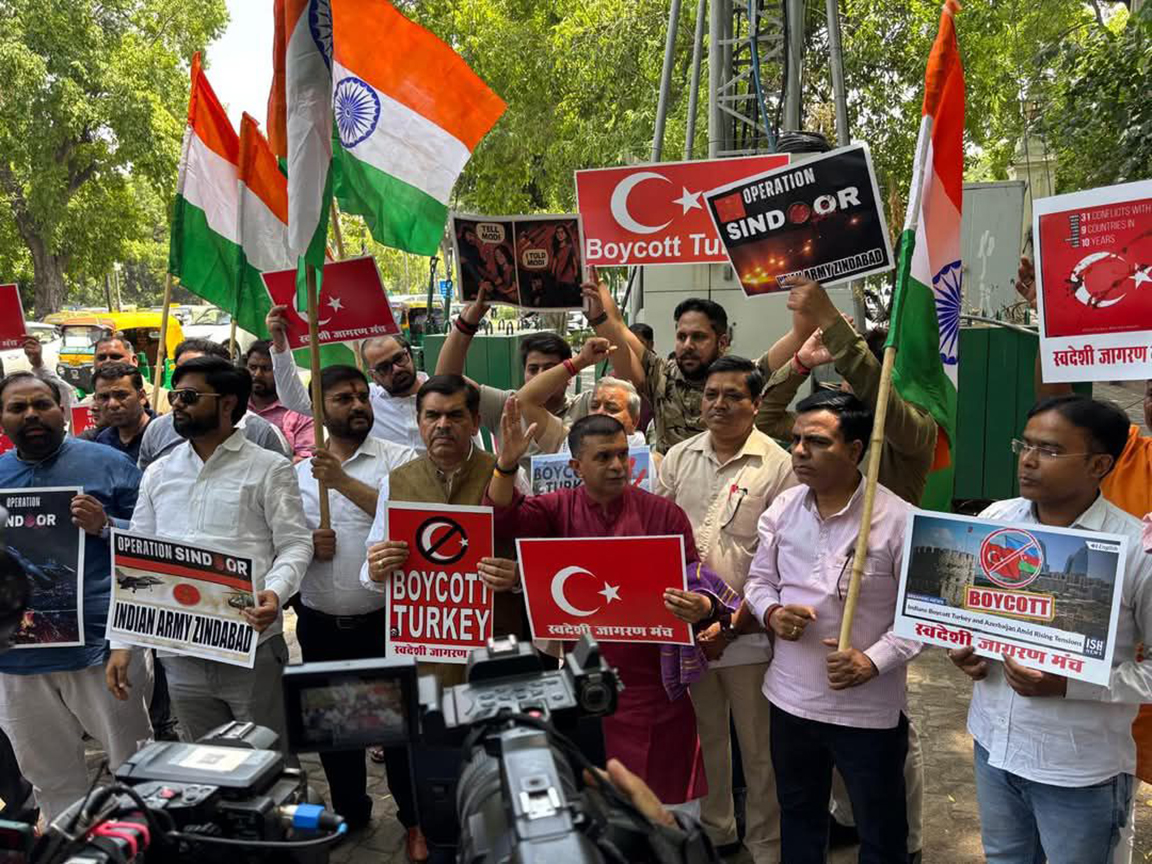Key takeaways from RSS meet: Focus on expansion, women safety, protecting Hindus globally
Updated: September 4, 2024 10:31

The much awaited three day all India Coordination meeting of the Rashtriya Swayamsevak Sangh (RSS) at Palakkad in the Indian state of Kerala ended on September 2. The meeting was attended by senior functionaries of 32 RSS-inspired organisations including the Bharatiya Janata Party (BJP). Here are some key takeaways from this meeting that also give an indication about the future roadmap of the RSS that is turning 100 next year.
No Big Bang Celebrations but Massive Thrust on Expansion
The RSS would start formally its centenary programmes from October 2025 from the day of Vijaydashami. The RSS was set up on Vijayadashami in 1925. First and the foremost signal is that the RSS would not go for any bi bang celebrations but it would utilise this opportunity to give a major thrust to its organisational outreach at all levels and amidst all sections of the society. This is part of the long-standing RSS tradition that instead of wasting time on optics, the focus is kept on the real work in the field. In 1989-90, similar outreach programmes were held during centenary celebrations of its founder Dr Keshav Baliram Hedgewar. During the centenary celebrations of the second Sarsanghchalak MS Golwalkar, popularly known as ‘Guruji’, the RSS had organised meetings and public programmes across the country at district level. The central theme of all these celebrations remains the same-Hindu unity with a specific focus on mainstreaming of the marginalised sections of the society.
For the RSS centenary celebrations also, the central theme would remain the same and all the RSS-inspired organisations would carry out their programmes accordingly.
Women Safety and Empowerment
Thirty-two women delegates attended the Palakkad meeting. The RSS has not only taken notice of the tragic incident that took place in RG Kar hospital in Kolkata but has decided to launch a massive campaign to enhance women safety across the country. RSS Prachar Pramukh(All India Publicity Chief) Sunil Ambekar talked about this in detail in a press conference on September 2 at Palakkad where he briefed the media about the deliberations at the meeting. The RSS has been deeply concerned in the past also about the safety of the women in the country. One of the key deterrents that can help enhance safety of women is speedy trials and quick justice to the victims. Ambekar categorically mentioned that the RSS wants fast track courts and speedy justice in addition to all possible measures that the government needs to take. If needed, it should revisit the legal provisions again and make necessary amendments. However, the RSS has been of the view that in addition to the government and the law-and-order machinery, this issue also requires transformation of the society. Men in society need to look at their counterparts with greater respect and that is possible through the right kind of upbringing. Women safety and especially the attitude of society toward women is now a key area that RSS is going to work on.
According to Ambekar, “The RSS and its inspired organisations have held 472 women conferences in the recent past with participation of more than 5.75 lakh women. These conferences were held in almost every state at the district level where issues of women empowerment and their safety were discussed at length followed by actionable programmes that are being implemented.
It is important to know that the RSS has been working on the issue of women empowerment since the 1930s. It started with the setting up of Rashtra Sevika Samiti, an organisation for women that works with the women volunteers. The RSS had set up several decades ago an internal co-ordination mechanism to work with women volunteers. This mechanism is known as ‘Mahila Samanvay’.
Ambekar has mentioned in his book, ‘The RSS Roadmap for 21st Century’, “In 2017, the Bharatiya Mazdoor Sangh organised a massive march in Delhi with two lakh people, one lakh of the activist force were women. Vigyan Bharati started Shakti, a conclave of women scientists. Vanvasi Kalyan Ashram and Samskar Bharati have many women full-timers.”
Standing up for Hindus globally
The RSS has been taking up the cause of Hindus globally and would continue to do so. Especially in the context of the ongoing developments in Bangladesh where Hindu minorities are being targeted by radical Islamists, the RSS has taken up the issue with the government and is also working round the clock through organisations like Vishwa Hindu Parishad. The issue was discussed at length in the RSS meet at Palakkad. The organisation is clear about it that wherever the Hindus would be in trouble across the world, it would take up their cause at the government level and would also try to do whatever it can for them directly through its inspired organisations and volunteers who have a global reach now.
